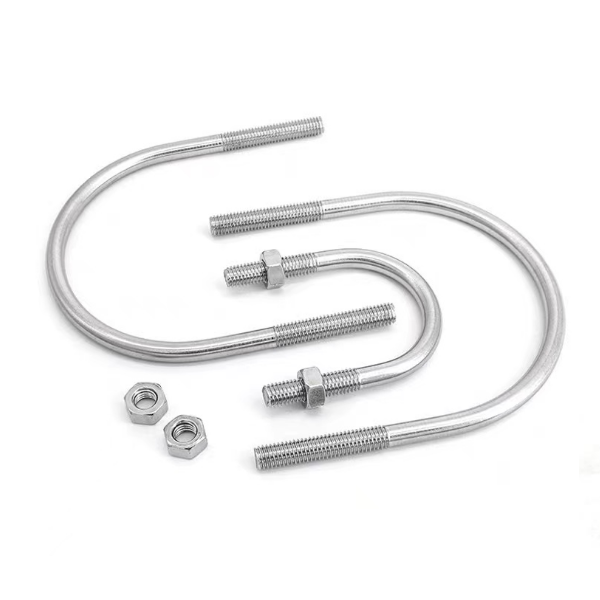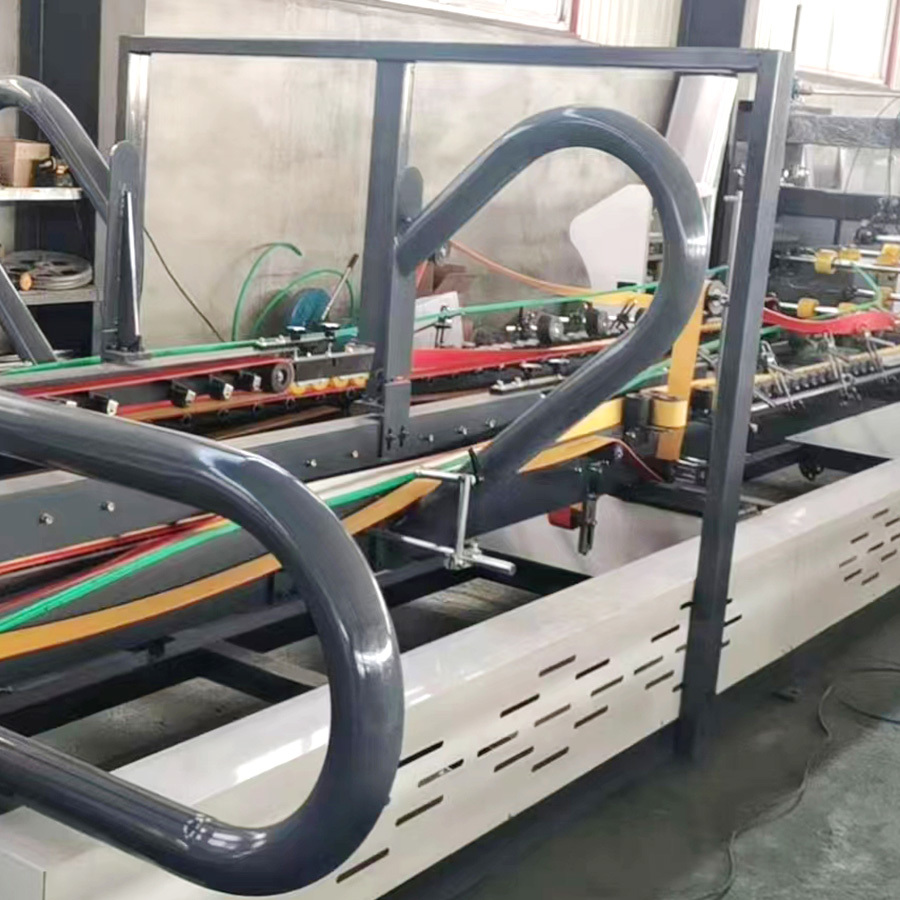language
English
العربية
বাংলাদেশ
Български
Hrvatski
Česky
Dansk
Nederland
 Esperanto
Esperanto
Slovenski
Filipino
Suomi
Français
Maori
 Shqiptare
Shqiptare
Georgian
 Euskara
Euskara
Deutsch
Ελλάδα
ישראל
इंडिया
Magyarország
Ísland
Indonesia
Irlanda
Italia
日本語
Sovensko
Հայաստան
한국
Kyrgyz
ປະເທດລາວ
 Zulu
Zulu
Latvian
Lithuanian
Luxembourgish
 Latinus
Latinus
Macedonian
Малайская
Maltese
Монгол улс
 Cymraeg
Cymraeg
ဗမာ
 தமிழ்
தமிழ்
नेपाल
Norge
ایران
Polska
Portugal
România
Российская
Србија
 Slovak
Slovak
Србија
 Slovak
Slovak
Bosanski
Slovenian
Беларус
España
Sverige
Точик
ประเทศไทย
Türk
Azərbaycan
Uzbek
 Afrikaans
Afrikaans
Việt Nam
Understanding the Critical Role of Flange Bolts in Industrial Equipment
2025-05-10
Understanding the Critical Role of Flange Bolts in Industrial Equipment
Flange bolts serve as essential components in various industrial applications, playing a critical role in ensuring the structural integrity and operational efficiency of machinery and equipment. Their unique design and functionality make them a preferred choice for fastening applications where reliability and strength are para
Understanding the Critical Role of Flange Bolts in Industrial Equipment
Flange bolts serve as essential components in various industrial applications, playing a critical role in ensuring the structural integrity and operational efficiency of machinery and equipment. Their unique design and functionality make them a preferred choice for fastening applications where reliability and strength are paramount.
Table of Contents
- What are Flange Bolts?
- The Design and Structure of Flange Bolts
- Applications of Flange Bolts in Industrial Equipment
- Key Benefits of Using Flange Bolts
- Selecting the Right Flange Bolts for Your Application
- Maintenance and Inspection of Flange Bolts
- Common Issues with Flange Bolts and Solutions
- FAQs about Flange Bolts
- Conclusion
What are Flange Bolts?
Flange bolts are specialized fasteners designed with a flanged head that provides a large bearing surface. This feature allows flange bolts to distribute the clamping load evenly over the material being fastened, reducing the risk of damage to the components. Often utilized in high-stress environments, these bolts are critical for various industrial applications, ensuring that assemblies remain secure even under dynamic loads.
The Design and Structure of Flange Bolts
Flange bolts typically feature a round, flat head that incorporates a washer-like design. This design is particularly advantageous in applications where vibration or movement is present. The flanged head acts as a built-in washer, eliminating the need for an additional washer in many cases.
Materials Used in Flange Bolts
Flange bolts can be manufactured from various materials, including steel, stainless steel, brass, and even plastic, depending on the specific application requirements. The choice of material significantly influences the bolt's strength, corrosion resistance, and overall performance.
Types of Flange Bolts
There are several types of flange bolts, each designed for specific applications. Some common types include:
- **Hex Flange Bolts**: These feature a hexagonal flange and are often used in automotive and heavy machinery applications.
- **Serrated Flange Bolts**: These have a serrated edge that provides additional grip, making them suitable for high-vibration environments.
Applications of Flange Bolts in Industrial Equipment
Flange bolts are widely used across various industries due to their strength and reliability. They are commonly found in:
- **Automotive Manufacturing**: Flange bolts are crucial for securing engine components and chassis frames.
- **Construction Equipment**: These bolts are used to fasten structural components in heavy machinery.
- **Aerospace**: Flange bolts are integral in assembling aircraft parts, where safety and reliability are non-negotiable.
Key Benefits of Using Flange Bolts
The advantages of using flange bolts in industrial applications are numerous. Some key benefits include:
Enhanced Load Distribution
The flanged head allows for a larger surface area, which helps distribute loads more evenly, reducing the risk of failure.
Reduced Risk of Loosening
Flange bolts resist loosening under dynamic conditions, making them an ideal choice for applications with high vibrations or fluctuating loads.
Easy Installation
The built-in washer design simplifies installation, reducing the number of components required and the time needed for assembly.
Selecting the Right Flange Bolts for Your Application
Choosing the appropriate flange bolt involves considering several factors, including:
- **Load Requirements**: Assess the load that the bolt will need to bear. This will guide you in selecting the right size and material.
- **Environmental Conditions**: Take into account factors such as humidity, temperature, and exposure to chemicals, which can influence the bolt's longevity.
- **Compatibility with Other Components**: Ensure that the flange bolt is compatible with the materials and fasteners used in your assembly.
Maintenance and Inspection of Flange Bolts
Regular maintenance and inspection of flange bolts are essential to ensure their continued effectiveness. Here are key practices to maintain the integrity of flange bolts:
Routine Inspections
Scheduled inspections should be conducted to check for signs of wear, corrosion, or loosening. Any compromised bolts should be replaced immediately to prevent operational failures.
Torque Checks
Regularly check the torque settings to ensure they remain within the recommended limits. This helps maintain the clamping force required for optimal performance.
Common Issues with Flange Bolts and Solutions
Despite their robust design, flange bolts can encounter issues that may affect performance. Some common problems include:
Corrosion
Exposure to moisture and chemicals can lead to corrosion, compromising the bolt's integrity. Using stainless steel or corrosion-resistant coatings can mitigate this risk.
Loosening
Vibration can cause flange bolts to loosen over time. Employing locking mechanisms or serrated flange designs can help reduce this issue.
FAQs about Flange Bolts
1. What is the difference between flange bolts and regular bolts?
Flange bolts have an integrated washer-like head that helps distribute loads evenly, whereas regular bolts do not.
2. Can flange bolts be reused?
While some flange bolts can be reused, it is advisable to inspect them for damage and wear before reinstallation.
3. What are the most common materials used for flange bolts?
Steel, stainless steel, and brass are commonly used materials for flange bolts, with the choice depending on the application requirements.
4. How do I know the right size flange bolt to use?
Determine the load requirements and consult the manufacturer's specifications to select the appropriate size flange bolt for your application.
5. Are flange bolts resistant to corrosion?
Flange bolts made of stainless steel or those with protective coatings are resistant to corrosion. However, regular inspection is necessary to ensure their longevity.
Conclusion
Flange bolts are indispensable in the realm of industrial equipment. Their unique design offers enhanced load distribution, reduced loosening risk, and ease of installation, making them ideal for a wide range of applications. By understanding the importance of flange bolts, their benefits, and the factors involved in their selection and maintenance, we can ensure the reliability and safety of our industrial machinery. Investing time in proper maintenance and using the right flange bolts will ultimately lead to improved operational efficiency and extended equipment life.
Flange Bolts
RELEVANT INFORMATION
Understanding U Bolts: Essential Components in Industrial Applications
U bolts are specialized fasteners widely used in industrial applications due to their unique shape and functionality. Characterized by their "U" shape, these bolts typically consist of a straight threaded rod bent into a U configuration, allowing them to secure objects together in a stable manner. Their design allows for a variety of applications, making them a crucial component in sectors such as
2025-05-13
Understanding the Critical Role of Flange Bolts in Industrial Equipment
Understanding the Critical Role of Flange Bolts in Industrial Equipment
Flange bolts serve as essential components in various industrial applications, playing a critical role in ensuring the structural integrity and operational efficiency of machinery and equipment. Their unique design and functionality make them a preferred choice for fastening applications where reliability and strength are para
2025-05-10
Understanding Allen Bolts: Essential Fasteners for Industrial Applications
Allen bolts, also known as socket head cap screws, are a crucial component in various industrial applications, primarily used for fastening and connecting different parts together. These fasteners are characterized by their cylindrical head and hexagonal socket, which allows for a secure grip when using an Allen wrench or hex key. Unlike traditional screws that require a screwdriver, the design of
2025-05-07









